Stephen John (Cambridge HPS): “Epistemic risk paternalism”
A recent wave of work in philosophy of science has identified multiple points in the justificatory process at which scientists must make decisions involving “epistemic risk”. In turn, many have argued that these decisions must or should be decided by appeal to non-epistemic values. However, scientists rarely engage in justification simply for their own epistemic or practical purposes, but, rather, typically, they communicate their conclusions to others. This raises the possibility of “epistemic risk misalignment”, where scientists resolve “epistemic risks” using values which their audiences do not share. This paper outlines this phenomenon, examines its ethical and epistemic implications, and asks how it relates to more familiar notions of paternalism and manipulation.




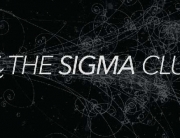












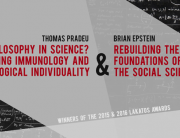

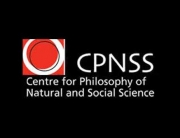



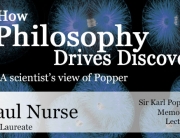
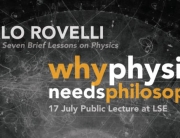


Connect with us
Facebook
Twitter
Youtube
Flickr